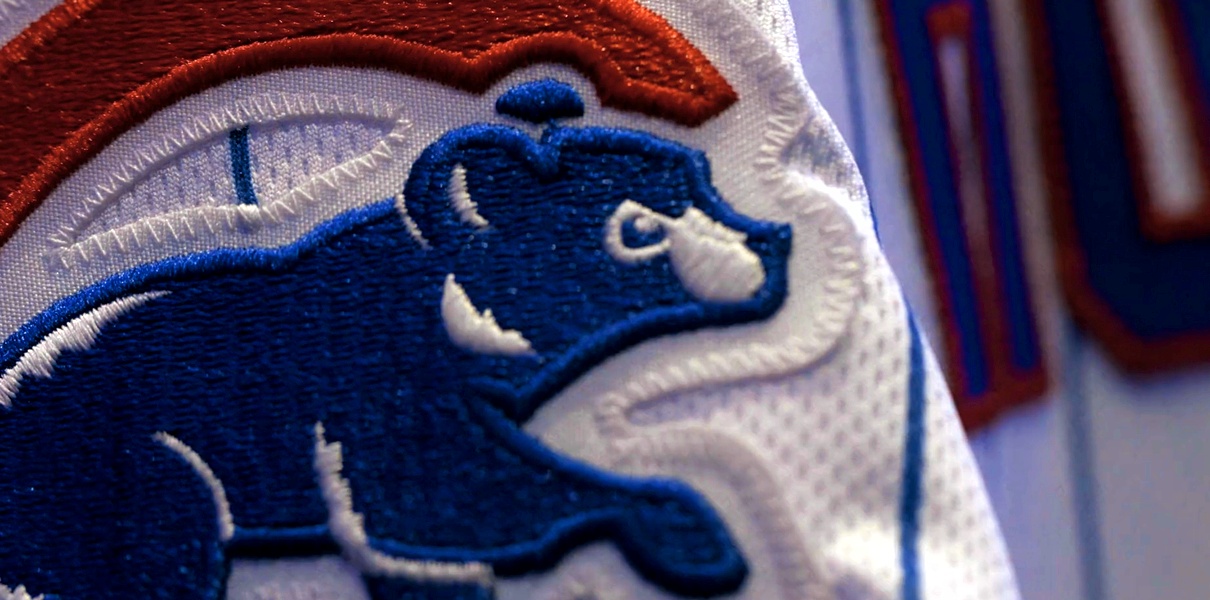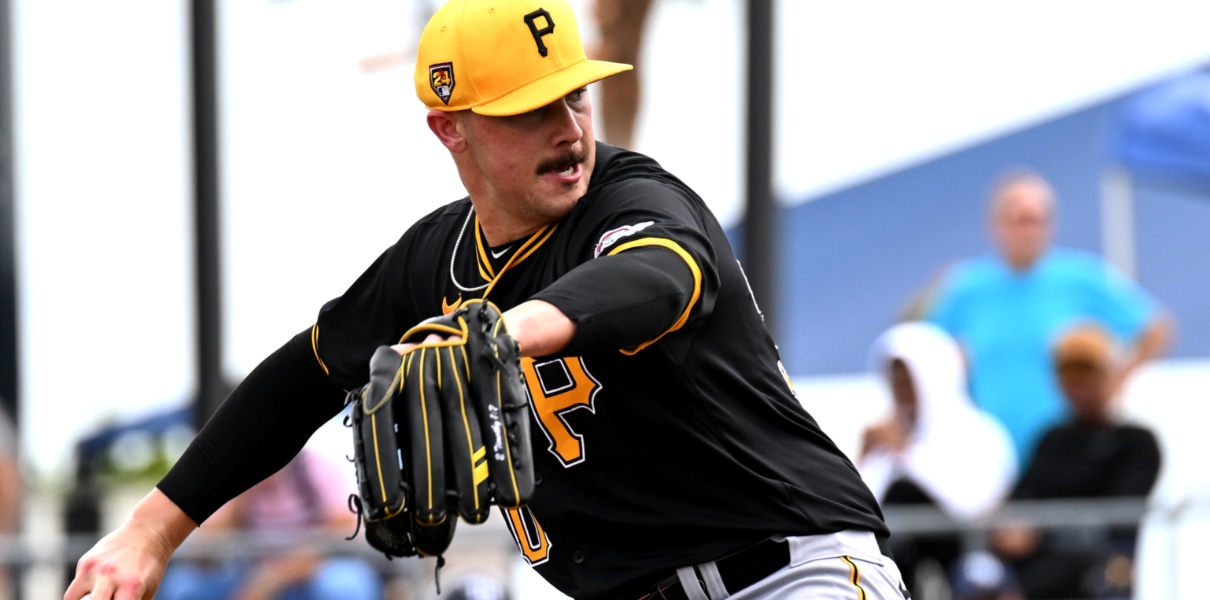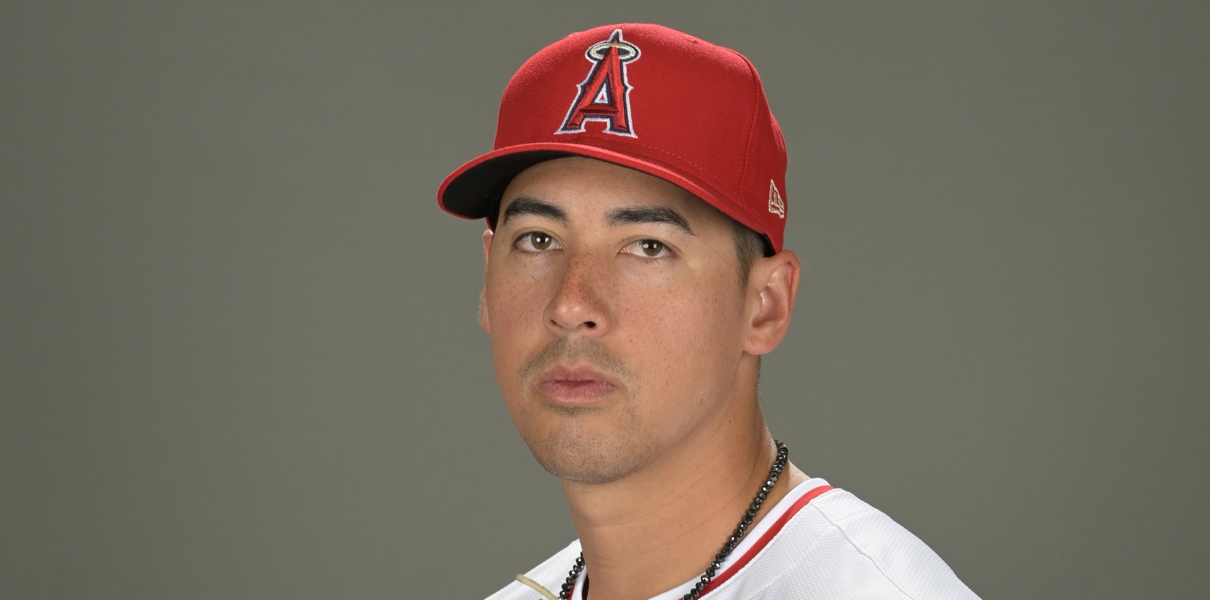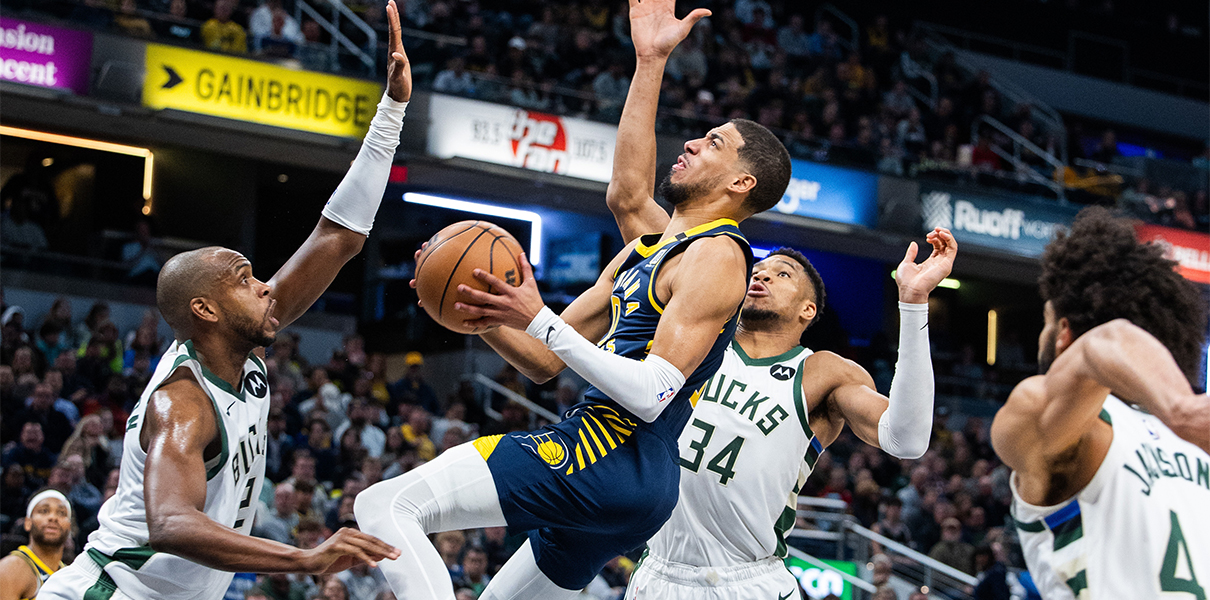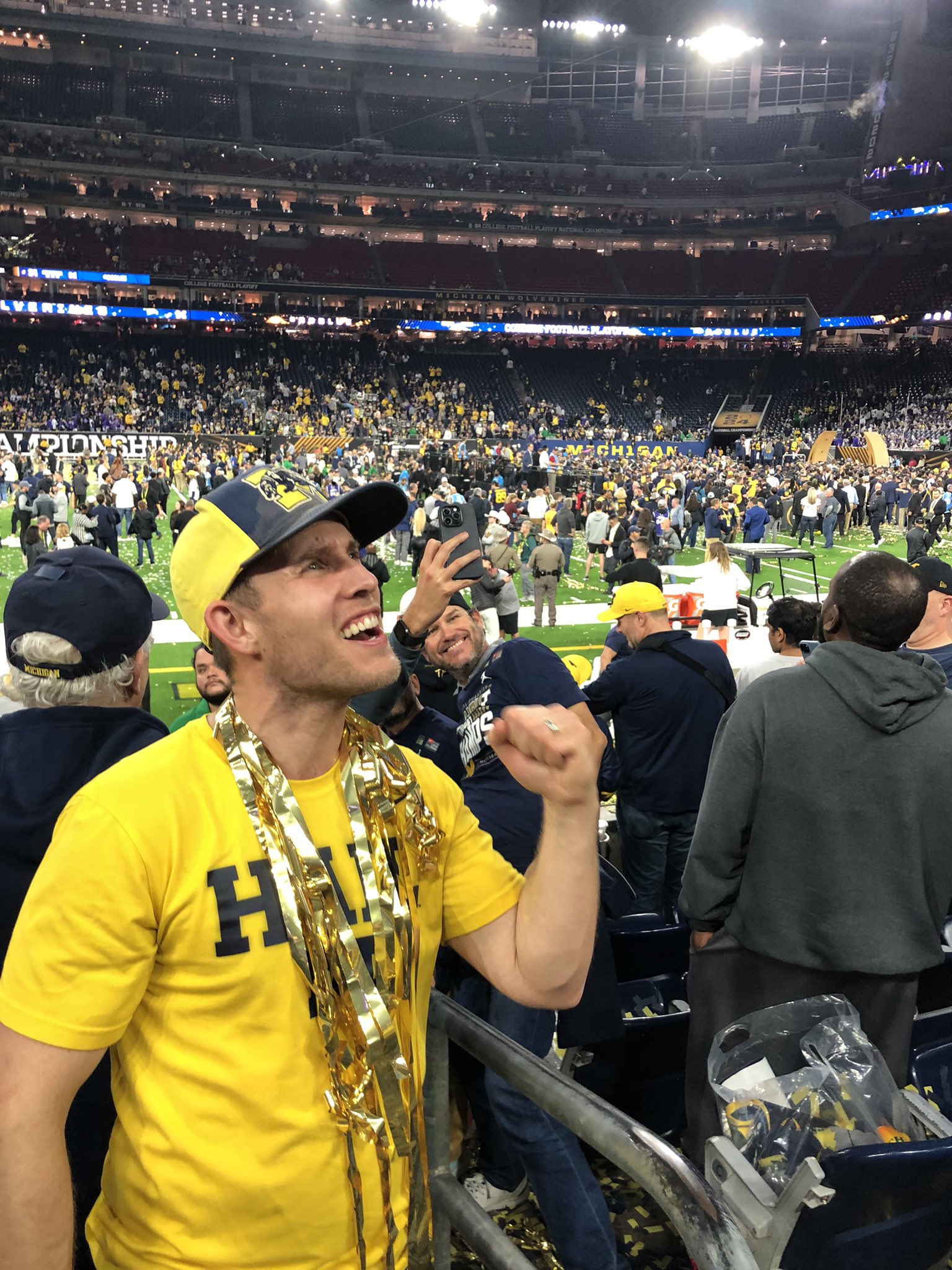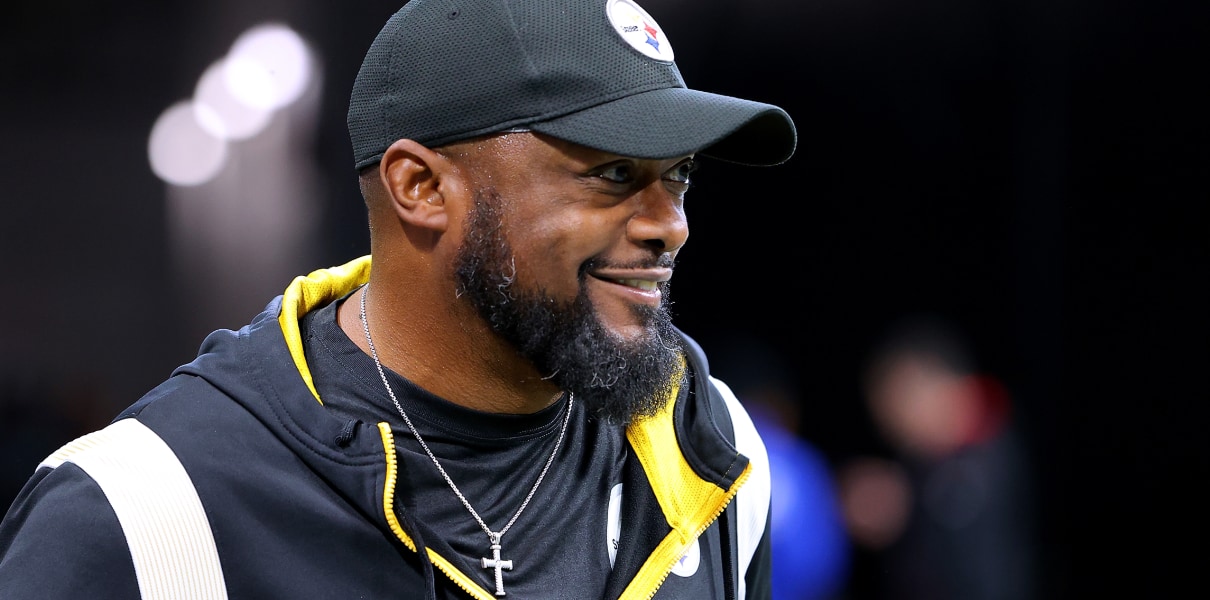Since being fired by the Los Angeles Angels – almost certainly less his fault than the roster construction – Joe Maddon has kept a relatively low profile, as far as baseball is concerned. While he’s indicated he might be open to the right next opportunity, he hasn’t been sprinting to find a new gig. He’s earned the time off, I reckon.
In the meantime, though, Maddon is open to sharing his thoughts on how the game has evolved over the last few years, and not for the better. For example, he hopped on the Starkville podcast at The Athletic to discuss, among other things, the increasing creep of analytics personnel into the clubhouse, and analytics overall into the game. He specifically mentioned that he feels like it started in his later years with the Cubs, which you’ll recall included some considerable fracturing of perspectives between Maddon and the front office. But things apparently went to a whole other level with the Angels, and it’s just wild to hear all of this from Maddon, who, years ago, was seen as one of the forerunners of advanced analytics among managers.
Among Maddon’s comments to The Athletic:
I want analytical people on my staff. But I don’t want them in the dugout. I don’t want them in the clubhouse. I want them to do their job, give the work to the coaches, let the coaches then teach the players …. It’s getting to the point where their impact or authority is exceeding that of a coach. And that’s what I think is wrong.
“So I’m not arguing against analytics and information. I’m arguing against the methods and the imposition with coaches. Because at the point it is right now … every day we’d get ready for the game and (Angels GM) Perry (Minasian) and (assistant GM) Alex (Tamin) would come in and they would start talking about how I should use the bullpen that night. Like I haven’t done that for the last 40 years.”
Speaking to his working relationships under earlier front offices, and how they handled disagreements about analytics, I certainly found this interesting: “Andrew (Friedman) was really into all this stuff, (but) he permitted me to do my thing. And we would argue. It was good. He and I would argue about stuff, and it was healthy. And then even with the Cubs for the first couple of years. And then, towards the end, it got away. And I had my conversations with Theo (Epstein) and Jed (Hoyer), particularly Theo.”
Maddon says he’s not trying to beat anyone up, but it’s hard not to read his comments all together as suggesting that, in his later years with the Cubs, the analytical creep into the dugout was too much. Again, Theo Epstein suggested he saw things differently, and felt organizational complacency was the real issue. From our earlier discussion when Epstein spoke on these issues in the spring of 2020:
You get the sense – although he’s not going to say it explicitly – that Epstein is confirming there was an increasing front office presence in the clubhouse culture, work habits, coaching staff decisions, rules, accountability, etc., in the final two years of Maddon’s tenure. From the front office’s perspective, I suspect – and we saw this going back to last offseason – there just needed to be a little bit tighter ship (hence going with a guy like David Ross, who has a little more of that hardass edge about him when it comes to the players).
The complacency that arrived after the World Series win almost certainly touched corners of the organization that go far, far beyond the clubhouse, but Epstein did raise the concern in the managerial context yesterday:
So, then, if the front office was growing increasingly concerned about complacency in the clubhouse – a culture that Epstein wants to come from the manager – and then if the front office felt it had to get more involved, which was pointed out by Maddon … well, you’ve got a recipe there for a bit of he-said, he-said on how things degraded. It also makes all the more sense that both sides felt it was a good time to part ways (whenever that precisely happened).
That all tracks with Maddon’s comments, though it certainly paints them in a different light. Maddon didn’t like the increasing front office presence (with the Cubs or the Angels), but the Cubs might say the increasing presence was necessary by 2018 and 2019.
Ultimately, Maddon’s concern is that there are too many people in too many positions of power within the sport who understand the math well, but not the “real” game of baseball. Maybe. Maybe not. These pendulums swing, and while I think analytics are swinging the entertainment pendulum too far in the wrong direction, I think it’s tougher to argue that analytics have gone too far when it comes to winning games at all costs. I get why teams do it.
So I guess Maddon is kinda right and kinda wrong? I don’t know. It’s a little hard to say anything for certain without being in those rooms.
Much more from Maddon:
Oh, and if you want a little contrast, read this Athletic piece on David Ross’s relationship with the current front office, and how analytics are more of a tool for discussion rather than an imposition. For example, from Ross:
As an example, Ross pointed to a different game during that August series at Nationals Park, the night after the Stroman decision, when he used Ian Happ as a pinch-hitter in the top of the ninth inning with two outs and nobody on in a tie game.
“Low leverage, right?” Ross said. “Happer had hit two homers the day before. The question from R&D ‘and the membrane’” — Ross used air quotes at this point — “would be like, ‘OK, you could save the Happer at-bat and let Nelson Velázquez hit. Nelson’s a better base runner. If he gets out, he would be at second to start the extra inning.’
“That’s something I never even thought about, to be honest with you. And now I’ve got Happ to (play as the next move). My response is: One, love that input. Two, there’s no guarantees we’re getting to the 10th, either. I don’t want my best bullet sitting on the bench. And they see that, too. But we have those conversations constantly.”




